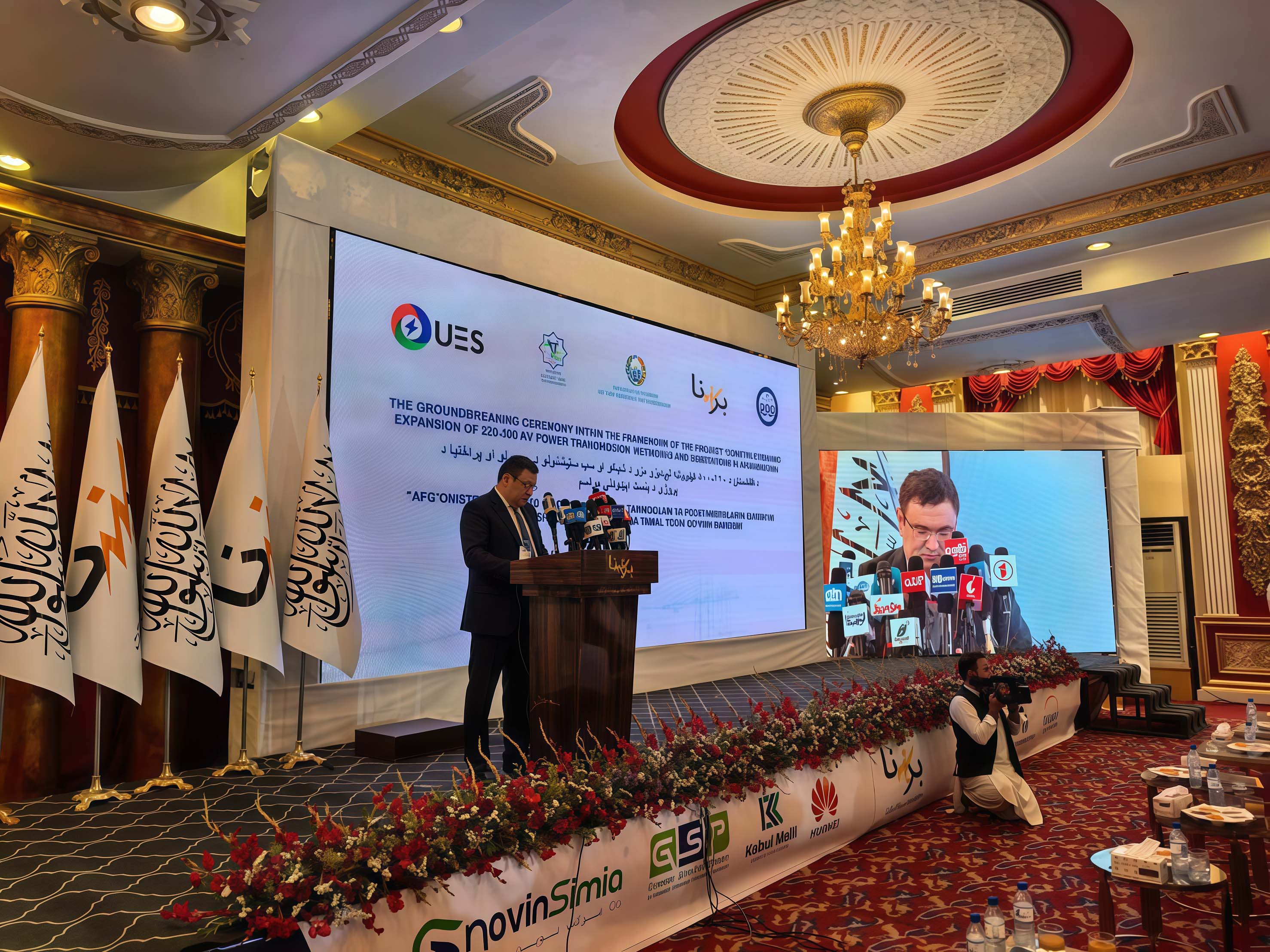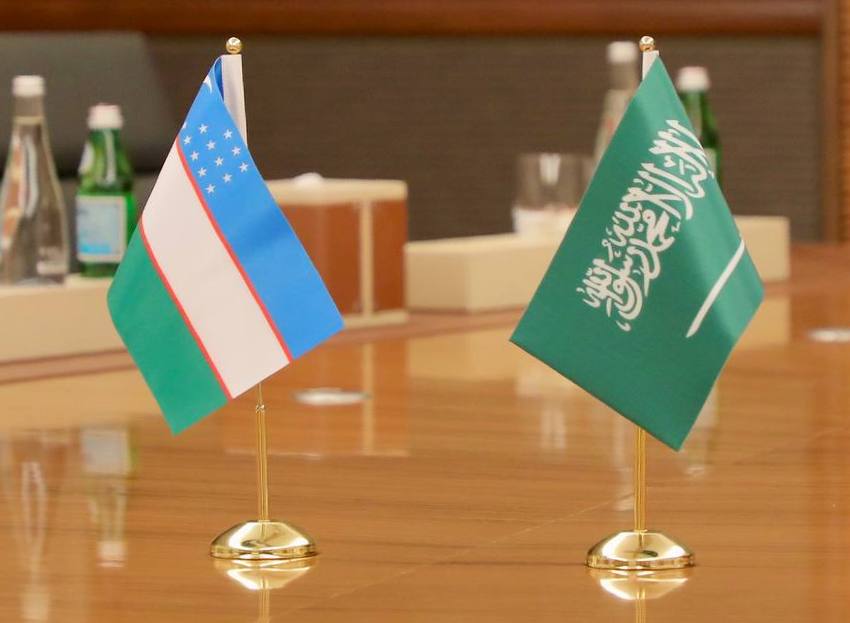On the second day of the Tashkent International Investment Forum, a panel session was held on the theme "Green Model of development of the New Uzbekistan: the role of renewable energy in solving environmental problems", during which the country's strategy for the transition to a sustainable energy future and attracting international investment in the green energy sector were discussed.
The discussion was moderated by BCG Managing Partner Igor Alekseev. The panel session was attended by key representatives of global energy companies implementing projects in Uzbekistan:
- Wu Gang, Chairman of the Goldwind Management Board
- Hussein Al-Nowais, Chairman of the Management Board of AMEA Power
- Yves Barlier, EDF Renewables Vice President for Central Asia
- Abid Malik, ACWA Power President for Central Asia
- Rafael Barro, Chief Investment Officer, Masdar
Uzbekistan on the path to sustainable growth
As the participants emphasized, Uzbekistan consistently builds a development model based on environmental responsibility, energy efficiency and the use of renewable energy sources. Today, the country is open to international partners and offers competitive conditions for investors, including preferential access to infrastructure, government support, and a strong legislative framework.
According to the organizers, over the past five years, about $20 billion of foreign investment has been attracted to the country's energy sector, and the total installed capacity of new facilities — mainly solar and wind — has reached 9.6 GW. These projects also include state-of-the-art energy storage systems to ensure the stability of the energy supply.
New era: green hydrogen and human capital
One of the key speeches of the session was the statement of ACWA Power President for Central Asia Abid Malik on the launch of the country's first green hydrogen production project. He noted that this step can put Uzbekistan on the map of world producers of environmentally friendly hydrogen.
"Today, all the leading global players are present here: Masdar, AMEA Power, EDF Renewables — and this is no coincidence. Such investments are made possible only through real reforms, consistent policies and a willingness to address emerging challenges, " Malik said.
He also stressed that the implementation of large-scale energy projects requires high-quality professional training of personnel. According to forecasts, by 2035, the industry will need up to 50 thousand specialists-engineers, technicians, operators, as well as specialists in the field of digital technologies. In this regard, measures to develop educational programs and professional training in partnership with international institutions were discussed.
Conditions for investors: legal stability and transparency
Hussein Al-Novais, Chairman of the Management Board of AMEA Power, separately noted the importance of a reliable legislative framework as one of the decisive factors for investment confidence:
"Uzbekistan demonstrates a high level of stability and predictability in regulation. This is critical for long-term energy projects. We see clear rules of the game and are confident in the sustainability of the conditions, " Al-Novais said.
Additionally, Yves Barlier, Vice President of EDF Renewables, presented a detailed assessment of the technological aspects of implementing renewable energy sources, noting that project development requires not only capital, but also deep expertise in risk management, logistics and technological adaptation.
Challenges and prospects
Among the challenges discussed were the need for large-scale infrastructure upgrades, the lack of technical specialists, and the need to create a flexible energy supply system capable of integrating renewable energy sources into the overall energy grid.
Despite these challenges, the session participants expressed confidence that Uzbekistan has a unique potential to become one of the leaders of green transformation in Eurasia.
The panel discussion confirmed that the green development model is not just an element of the environmental agenda, but an economic strategy of Uzbekistan focused on energy modernization, technological independence and sustainable growth.
The high interest from the world's largest energy companies confirms that Uzbekistan is among the priority areas for investment in the renewable energy sector.











